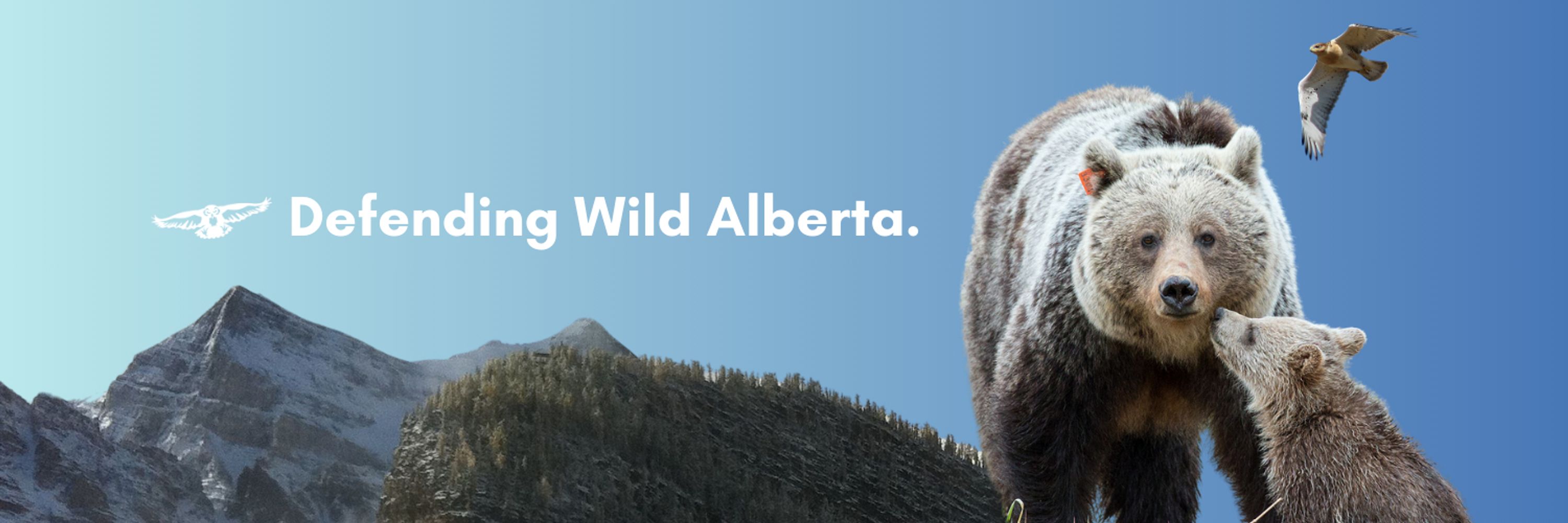Alberta Wilderness Association
@albertawilderness.bsky.social
1.8K followers
390 following
320 posts
🌿Alberta's oldest wilderness conservation group!
We advocate for wildlife and spaces to be protected and connected, forever.
Pitch us essays, cartoons, opinions and more for our Wild Lands Advocate magazine ([email protected])
🌐albertawilderness.ca
Posts
Media
Videos
Starter Packs
Reposted by Alberta Wilderness Association
Reposted by Alberta Wilderness Association










